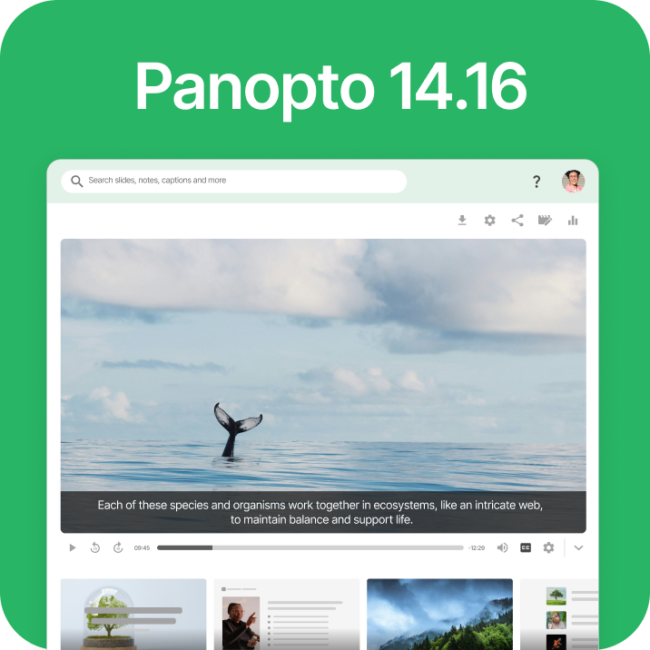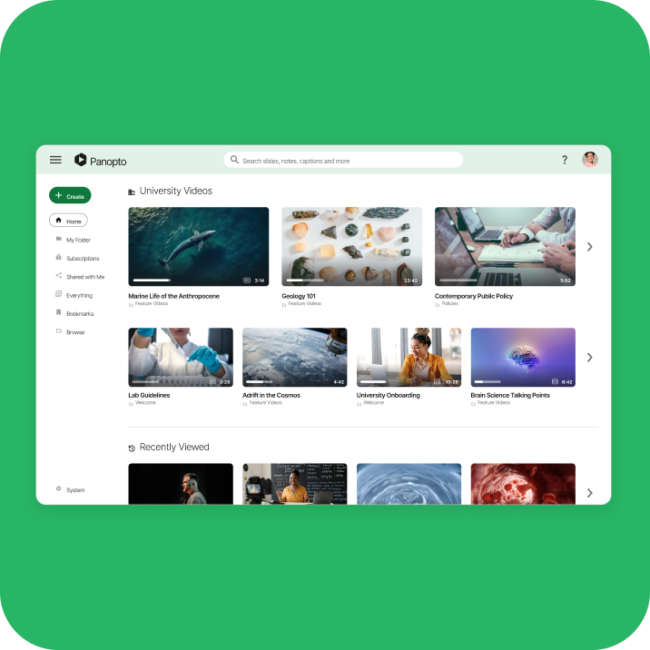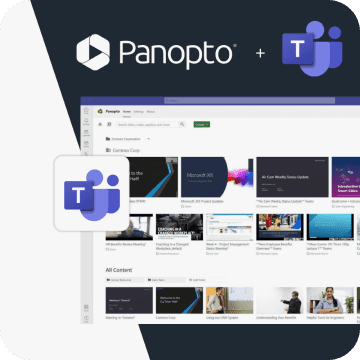- Uncategorized
Video Tech Changing Classrooms, Boardrooms throughout Asia
Last week, members of the Panopto team traveled to Asia to meet with universities and businesses, chat with local partners, and gather feedback on our video platform.
Asia is an important region for any company involved in online video and e-learning. The markets are incredibly diverse, with broadband penetration ranging from the single digits to Korea’s 90+ percent, mobile broadband subscriptions are growing exponentially, and there’s strong commitment from many governments to expand broadband infrastructure and e-learning initiatives.
Our five-day visit took us to South Korea, Singapore, Malaysia, and Thailand. Below are some trip highlights.
South Korea
South Korea is one of the world’s most digitized countries in terms of its fixed-line and mobile broadband penetration, and its commitment to integrating technology in the classroom. In fact, the government has a plan to digitize all K-12 classrooms in the next three years.
This combination of high-speed Internet connectivity and focus on e-learning make South Korea an ideal market for a video platform like Panopto. So as part of our visit, we announced availability of the Korean-language version of Panopto to an audience of universities, business executives, and journalists. Localizing our product to better serve our global customer base is a big priority for Panopto – you can expect to see more announcements like this from us in the year ahead.
Singapore
During our day in Singapore, we had the chance to meet with National University of Singapore (NUS), one of our customers in the region. NUS has lecture capture down to an art form. All of the university’s recordings are managed from a central control room that communicates with lecture halls across campus using Panopto’s remote recorder.
The edtech staff at NUS has worked with faculty to ensure that Panopto integrates well with the existing faculty and student workflow – specifically, lecture recordings happen “behind the scenes” during class so that the professors can focus on teaching, and all recordings are automatically published to the university’s proprietary LMS so that students can easily access them on-demand.
We learned that students at NUS love the ability to view Panopto recordings on their mobile devices, and (perhaps not surprisingly) that viewing activity spikes right around exam time.
Malaysia
In Korea, Thailand, and Malaysia, we were privileged to present Panopto seminars to executives and faculty from industry and academia. In Malaysia, the highlight of the seminar was a presentation by Noorazura Binti Ambak, E-Learning Manager from SEGI, a private university with more than 23,000 students nationwide.
There were two aspects of Noorazura’s presentation that really resonated with the audience. First, SEGI’s professors are using a range of recording devices in their lectures that take advantage of Panopto’s broad device interoperability – this includes digital whiteboards that plug directly into the Panopto recording PC. Second, SEGI is using Panopto for a range of recording scenarios outside of traditional lecture capture. For example, they’re live webcasting guest speakers and also giving students the ability to record their own presentations and class assignments on their Windows PCs, Macs, and iOS devices.
Noorazura’s broad knowledge of our product spoke volumes beyond anything we could present: that Panopto is transforming SEGI’s approach to education.
Thailand
Following our seminar in Bangkok, we had the chance to connect with attendees one-on-one. Three things stood out from those conversations. First, some Thai businesses and academic institutions are looking to pursue a hybrid or cloud-based model for their video content management even though broadband penetration in Thailand is quite low. The primary reason cited for using the cloud – ensuring content is secure in case of disasters such as floods. Second, the Thai language presents some interesting challenges for handling inside-video search. Specifically, Thai uses a three-level character set, in which characters can be stacked on top of one another. For indexing and search to work, a filter must be applied to separate the three levels of characters. Lastly, the Thai government’s investment in e-Learning means that students as young as 14 are already being introduced to rich media presentations via online platforms – so the next generation of college students will not only be used to blended learning scenarios, but will demand them.
We were impressed by how these countries have embraced technology for learning and knowledge sharing, and know that there will be many exciting opportunities for collaboration in the year ahead.
-Kristi Ries


